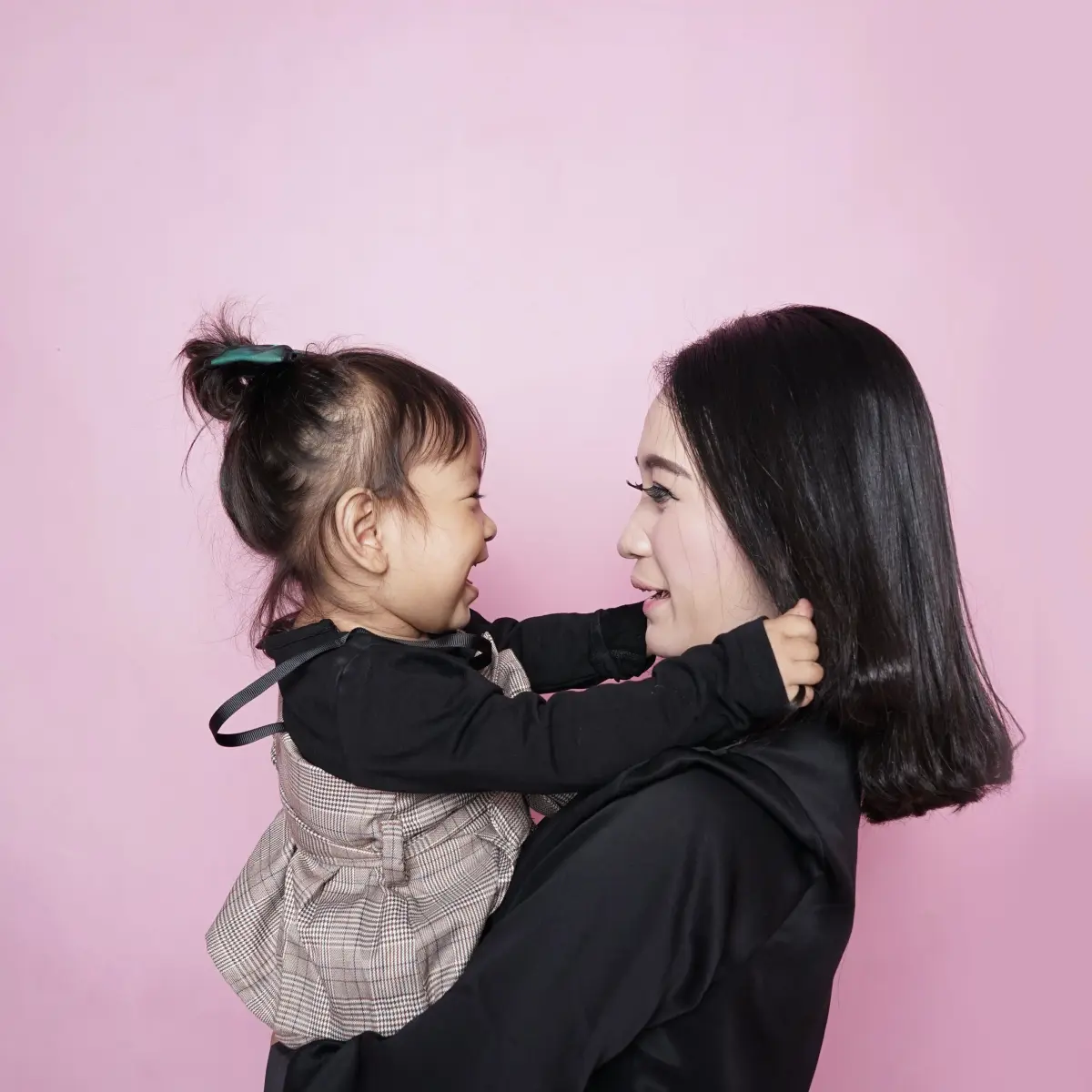Maternal Mortality: A More Personal Outlook

Although human beings have been around for over 2 million years, we as a species are still undeveloped. With time comes knowledge, but that isn’t always true. Even with advanced technology and knowledge, we have not grown much. Our homes are slowly dying, people are overwhelmed with the pressing issues of modern life, and we are losing control. The fact that racism and discrimination exist is a prime example of this. When it comes to health care and specifically maternal mortality, black women are more likely to suffer compared to white women and Hispanic women.
According to The Commonwealth Fund, the maternal death ratio for Black women (37.1 per 100,000 pregnancies) is 2.5 times the ratio for white women (14.7) and three times the ratio for Hispanic women (11.8). While 37 may not seem like a big number compared to 100,000, each maternal death is a loss for not only her family but also for society at large. As a member and manager of A2M2, an international teen-led organization aimed to reduce maternal mortality around the globe, I have interviewed a few of my peers who have lost people to maternal mortality to understand the impact of this loss on their lives.
My first story comes from Jeremiah, a high school student whom I met a few years ago. As someone who lost his mother at an early age, he grew up with his father and his cousins. His mother died before she could see Jeremiah walk. Although he doesn’t know nor wants to learn how his mother died, he says that she was a brave woman and is always watching over him. As someone who has grown up with a mother, I cannot imagine the pain Jeremiah went through without a mom. Even though he is a good friend and a strong person, that incident will have a lasting impact on his life.
The other person I interviewed was Andrew, who is a black friend of mine. His mother was treated badly in a hospital, which was essentially pushing for an abortion. The hospital staff did not give her a chance to talk, and she felt like she was trapped. Although she ultimately did not get an abortion, she suffered the consequences by dying shortly after giving birth. Although the doctors tried their best to save Andrew’s mother, she was in great need of time, space, and support that she unfortunately did not receive. The fact that many black women have dealt with situations like this is horrifying because hospitals are meant to be safe spaces for everyone.
Numbers and statistics are important for fighting a problem as pertinent as maternal mortality, but stories and personal accounts are equally important to understand the deep and lasting consequences of maternal mortality. Fortunately, I haven’t lost anyone to maternal mortality, but I know some people who have; I appreciate and respect Jeremiah and Andrew. They had the strength to remember those whom they have lost, and re-tell their stories. Although Jerimiah and Andrew have both grown into great people, they lived difficult lives. I’m happy to have them as friends, but I wish they didn’t have to deal with these problems. Stories like these give insights into the devastating nature of maternal mortality. As I said before, 37 isn’t a big number when compared to 100,000. Whether there is a loss of 37 friends or 37 unknown black mothers, each individual has their own family and unique life journey. Here at A2M2, we plan to change that. With your help, we seek to spread the word about maternal mortality and fight against this global-wide issue.